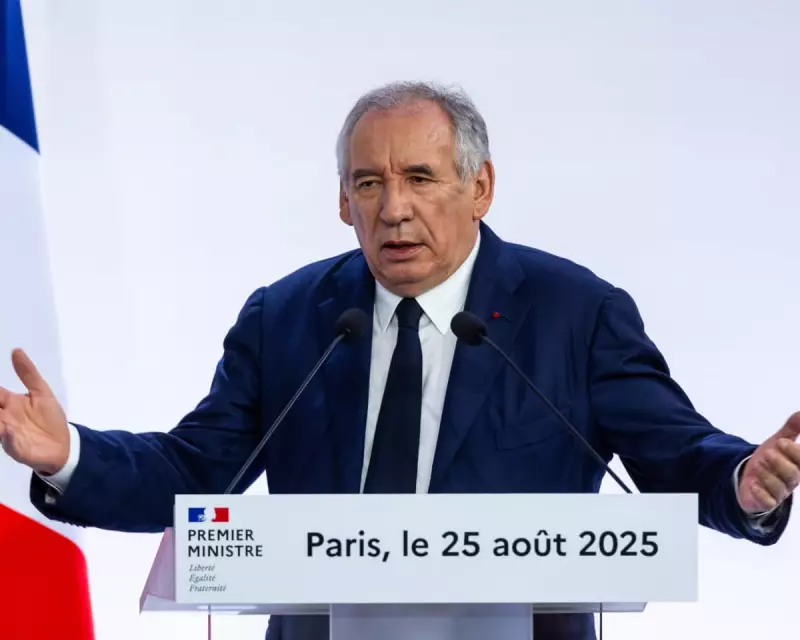
French Prime Minister François Bayrou has narrowly clung to power after surviving a dramatic parliamentary confidence vote that threatened to topple the government.
The centrist leader secured 273 votes in favour of his administration, just surpassing the absolute majority required in the 577-seat National Assembly. The vote represents a crucial victory for President Emmanuel Macron's governing coalition amid fierce opposition to controversial education reforms.
Political Brinkmanship in Paris
The motion of no-confidence was triggered by Bayrou's decision to invoke Article 49.3 of the constitution to force through contentious education legislation without a parliamentary vote. This controversial manoeuvre sparked outrage among opposition parties, who accused the government of democratic overreach.
Opposition leaders from both left and right wings had united in their condemnation, arguing that the government was bypassing proper parliamentary scrutiny. The close result—with 273 votes in favour and significant opposition—reveals the fragile nature of Bayrou's parliamentary support.
Education Reforms Spark Crisis
At the heart of the political storm are sweeping reforms to France's education system that have provoked widespread criticism. The legislation includes changes to curriculum standards and teacher training requirements that opponents claim will undermine educational quality.
Bayrou defended the use of constitutional measures, stating that the reforms were "essential for modernising France's education system" and that parliamentary deadlock could not be allowed to obstruct progress.
Implications for Macron's Presidency
The successful confidence vote provides temporary respite for President Macron, whose popularity has waned in recent months. However, the narrow margin of victory suggests governing will remain challenging for Bayrou's administration.
Political analysts suggest the close call may force the government to adopt a more conciliatory approach to future legislation, particularly with difficult economic reforms expected in the coming months.
As Bayrou emerges from this political test, questions remain about his government's ability to implement its agenda without resorting to constitutional shortcuts that anger both opposition parties and the French public.





